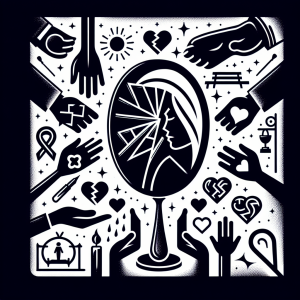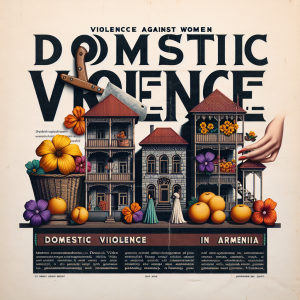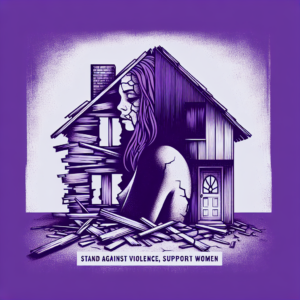Title: Protecting the Vulnerable: Local Domestic Violence Shelters Provide Vital Services in Your Community
Introduction:
Domestic violence is a widespread issue that affects individuals across all demographics, often leaving victims feeling helpless and trapped. In times of need, local domestic violence shelters emerge as critical resources within the community, providing a safe haven for those facing violence and abuse. This article aims to shed light on the invaluable services offered by these shelters, exploring their role in protecting the vulnerable within our society.
Why domestic violence shelters are vital:
1. Safe refuge: Domestic violence shelters offer a safe environment where victims can seek shelter and escape from their abusive situations. These shelters ensure individuals are shielded from their abusers, allowing them to recover and regain their sense of security.
2. Emotional support: Professional staff and trained volunteers at domestic violence shelters are equipped to provide emotional support to survivors. These compassionate individuals offer a compassionate ear, counseling, and trauma-informed care to help survivors heal from the psychological impact of abuse.
3. Legal advocacy: Domestic violence shelters often employ legal professionals or partner with legal aid organizations to offer survivors legal advocacy services. This includes assistance with obtaining restraining orders, navigating the court system, and providing information on legal rights and options.
4. Education and empowerment: Shelters recognize the importance of education in preventing domestic violence. They organize workshops, support groups, and awareness campaigns to empower survivors and the wider community with knowledge about healthy relationships, warning signs, and available resources.
5. Transitional services: Many domestic violence shelters offer transitional services to support survivors as they build independent lives free from abuse. These services may include temporary housing, job training, educational opportunities, childcare assistance, and access to healthcare services.
6. Confidentiality: Maintaining confidentiality is a top priority for domestic violence shelters. Survivors can seek refuge in a safe, confidential environment that prioritizes their privacy. This sense of security encourages victims to come forward and seek help, knowing their identities will remain protected.
7. Community collaborations: Domestic violence shelters play an integral role in collaborating with law enforcement agencies, healthcare providers, and local organizations to create a comprehensive network of support for survivors. This collaboration ensures survivors receive the necessary assistance, shelter, medical care, and legal representation.
Frequently Asked Questions:
Q1: How can I find a local domestic violence shelter in my community?
A: You can contact the National Domestic Violence Hotline at 1-800-799-SAFE (7233) or visit their website (www.thehotline.org) for information on shelters in your area.
Q2: Are domestic violence shelters only for women?
A: No, domestic violence shelters are open to individuals of all genders who are victims of domestic violence or intimate partner abuse.
Q3: Is there a cost associated with staying at a domestic violence shelter?
A: Most domestic violence shelters provide services free of charge. However, it is always best to inquire with the specific shelter in your area for more information regarding their policies.
Q4: Can I access counseling or support services at a domestic violence shelter even if I am not currently residing there?
A: Yes, many shelters offer counseling and support services to survivors who do not require shelter accommodations. Contact your local shelter for more information about their specific offerings.
Q5: How long can someone stay at a domestic violence shelter?
A: The length of stay varies depending on the individual’s circumstances and the shelter’s policies. Some shelters offer short-term emergency stays, while others provide longer-term transitional housing options.
Q6: Are domestic violence shelters confidential?
A: Yes, confidentiality is a critical aspect of domestic violence shelters. Staff and volunteers are trained to prioritize the privacy and safety of survivors, and personal information is kept secure.
Conclusion:
Local domestic violence shelters are essential resources within our communities, providing a lifeline for those affected by domestic violence and abuse. These shelters offer a range of vital services, including safe refuge, emotional support, legal advocacy, education, and transitional assistance. By recognizing the significant role domestic violence shelters play, we can ensure the vulnerable members of our society receive the help and protection they desperately need. Remember, if you or someone you know is experiencing domestic violence, reach out to a local domestic violence shelter or contact the National Domestic Violence Hotline for assistance.



















